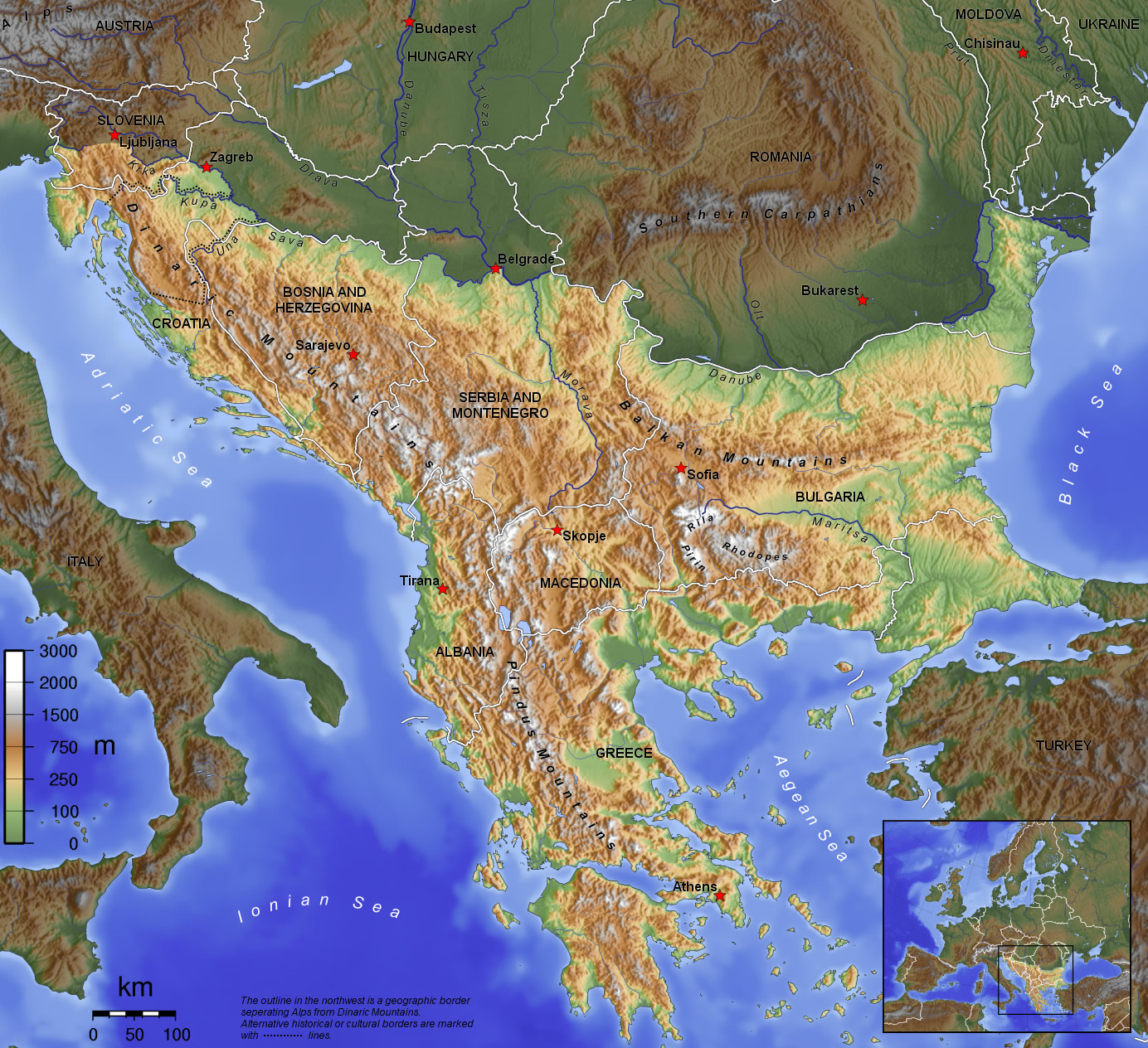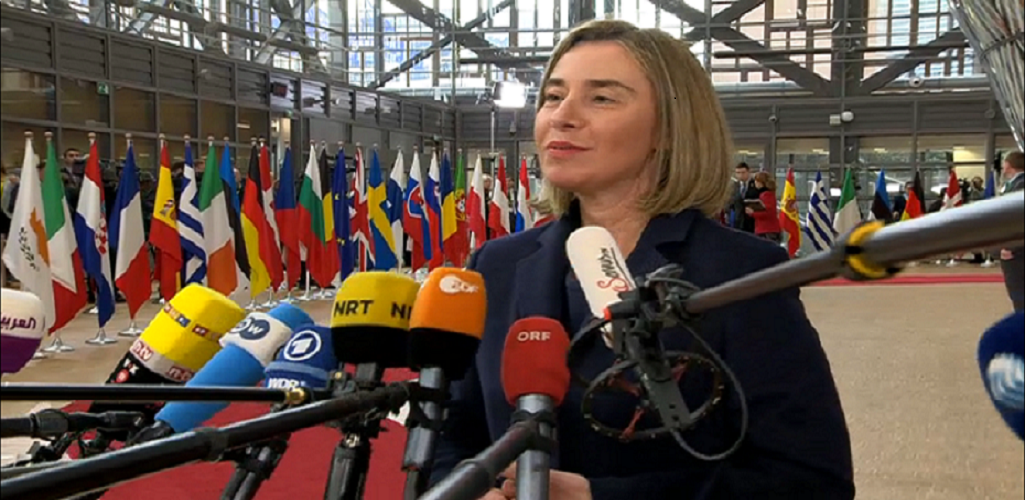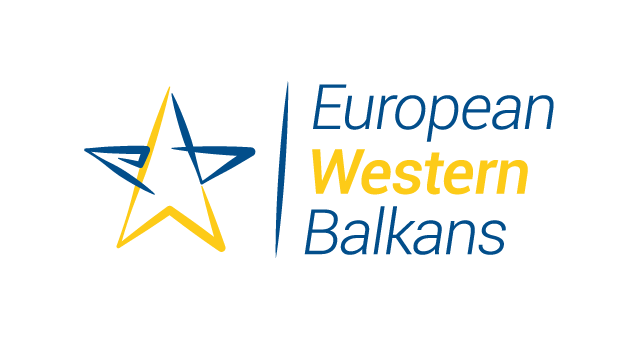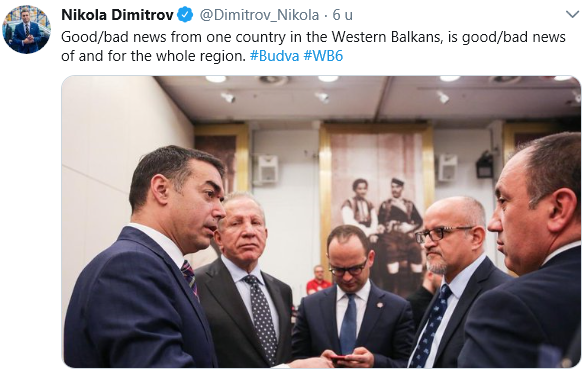Tensions and perception of a stalemate in the Balkans are enhanced by "the five year freeze", while emerging forms of rule are at odds with the EU’s founding tenets and the integration narrative. Indeed, the same competition of models, that we see in other parts of Europe, which pits more or less pluralist democracies against populists or illiberal democracies in the mould of Viktor Orban or even “Putinism”, is played out in the Western Balkans too, with uncertain outcomes for this fragile region. Ironically, in the very part of the world where the EU is in the lead and where its influence, through its transformative power, should be at its most potent, local experts concur that the EU is no longer the leading actor and that its leverage has decreased.
Should Europe prove unable to reverse, or at least neutralise, the most negative aspects of such developments, the Western Balkans could enter a sort of strategic limbo close to “Europe”: neither truly in, nor truly out, pray to geopolitical encroachment by other actors, poorly democratised and with latent security challenges.
That the “Pax Europeanna” is in question in the Western Balkans has been for some time now the subject of analysis by pundits and a matter of growing concern in some capitals. Yet, beyond ‘policy speak’ about “European re-engagement” or keeping enlargement alive, there seems to have been thus far precious little in terms of a purposeful, pan-European strategic discussion on what is the actual shape of these challenges and, importantly, what should Europeans do about them. These questions were tackled by a recent workshop in Sofia, with notable participation of Balkan think-tankers, journalists and analysts. The guest speakers included HR/VP Federica Mogherini, Bulgarian Foreign Minister Daniel Mitov and deputy Bulgarian PM Meglena Kuneva. More than 50 experts from the Balkans and the Black Sea region raised their concerns and offered policy suggestions.
What do local experts think?
Local experts argued that the EU is basically acting on policy autopilot, with an overwhelming focus on process (e.g. benchmark decision-making) and less on substance (e.g. actual progress on deep democratisation and good governance). The EU’s own internal struggles and negative politics with its Grexit and Brexits, together with the political chill resulting from the enlargement fatigue, have contributed to its losing leverage in the Western Balkans.
In turn, elites are often not keen on passing reforms which are threatening their power interests or remain comfortable in spoiler politics. In these circumstances, the costs and benefits of a distant EU prospect are reassessed when set against the more tangible benefits offered by other strategic actors.
There is a sense that, at present, not only has momentum been lost but negative momentum has set in. We see democratic rollbacks across the region, outbursts of tensions (for instance, the controversy around the Srebrenica commemorations, magnified by Russia’s veto at the UN Security Council) and the resulting power vacuum gradually filled, in different ways, by Russia, Turkey, the Gulf countries or even China. Other experts argued that Europeans would be trading “democracy for stability” and even renouncing basic principles –with references to acceptance with undemocratic practices in Macedonia and elsewhere. Though regional initiatives, such as the Berlin Process, the Serbia-Kosovo dialogue and the EC-led Politcal agreement in Skopje, are sign of a certain re-engagement, experts showed scepticism towards these projects’ real capacity to be game-changers. This doubt is given more credence, given the regional tradition of undertaking power-sharing or reforms commitments that, in spite of much rhetoric and fanfare, are not honoured.
When it comes to stale dossiers such as Bosnia or the crisis of Macedonia, participants in the workshop argued for the EU to be more assertive, instead of just an incentive-based approach, to guarantee respect for agreements and reassurance against spoiler politics, tensions and zero-sum games.
A new European strategy for the Western Balkans?
Local experts overwhelmingly advocated for a reassessment of EU’s policies towards the region and, above all, to avoid current inertia, even if this were to see changes in the way forward. In their view, the EU and its member states would need a “new strategy” for the region. This strategy should be coherent with the ongoing process for a new EU Global Strategy. Such a strategy should follow, they argue, a policy reassessment based on lessons learned from scenarios like Kosovo or Macedonia. Moreover, the current autopilot mode on enlargement cannot continue. The EU should reverse a trend of disempowerment of democratic forces in the region, and shift course to enable a more inclusive, truly transformational process that would rely more heavily on civil society's role. The current emphasis on regional cooperation, socio-economics and governance is positive, but needs to be backed with real, tangible outcomes for the population and based on sustained implementation of reforms.
Overall, there is a sense that Europe needs to re-establish itself with regards to the Western Balkans and that, in the face of these challenges, more of the same will not suffice. The different strategic processes in the EU and some of its member states should be an opportunity for this policy reset or new strategy. Ultimately, as local experts suggested, the future of the Western Balkans is a question that fundamentally pertains to the kind of EU that Europeans really want and to the future of the European project itself. This is a question that Europeans can no longer dodge. And, for the Western Balkans, the sooner they answer it, the better, unless they want other global powers to pre-empt their answer. |


.png)



